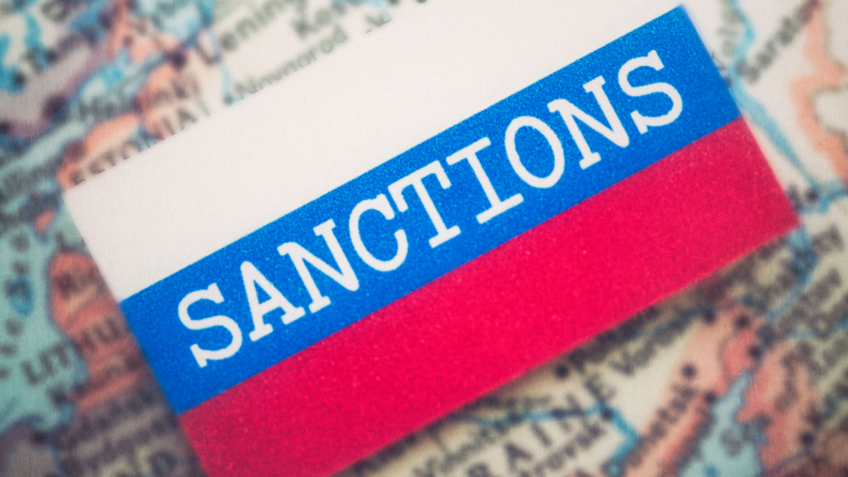Following the initial information we received from Department for Business and Trade colleagues, as a result of our further engagement, additional clarification has been received in relation to a number of questions received from Members.
Additional clarification has been provided on the following topics:
- Customs agents evidence liability
- Declaration completion requirements
- Evidence requirements /supply chain history/licencing
In particular we would draw Members attention to the comments regarding when a Member is representing an importer on an indirect basis – “then both the importer and their agent jointly become responsible for the accuracy of the declaration”
–
Please see the verbatim message received from DBT:
A customs agent is not required to ask the importer to provide all the evidence proving goods being imported do not fall under the sanctions, it is the importer who is required to hold this evidence in their records, so a statement from an importer to their agent confirming that they hold the required evidence would be a reasonable step as part of the due diligence from the customs agent. However, it is worth noting that if the type of representation in an import declaration is indirect (type 3) then both the importer and their agent jointly become responsible for the accuracy of the declaration. If a customs agent is representing a client in customs matters, it is a commercial arrangement between them and their client. It is for the parties involved to decide and agree on the information and its format which they want to share with each other.
There are no specific declaration completion instructions or documents/codes that are required in an import declaration to declare compliant goods in CDS.
The guidance on new Russia sanctions can be found at: https://www.gov.uk/government/publications/notice-to-importers-2953-russia-import-sanctions/guidance-on-third-country-processed-iron-and-steel-measures
Demonstrating supply chain history
Traders should be prepared to have documentation available to demonstrate evidence of a good’s supply chain, which must be consistent with the prohibitions under the regulations.
Evidence requested to be provided through documentation could include:
- The country of origin of the iron and steel products processed in the third country (or third countries) after the fact
- The date that the iron and steel product left its country of origin
- The country(s) and facility(s) where processing has taken place
An example of evidence may include, but is not limited to, a Mill Test Certificate (MTC), or Mill Test Certificates (MTCs) where the relevant information cannot be summarised in a single document.
Licensing Provision
The importers are required to have commercial evidence in their records to prove that the imported goods listed in schedule 3B of The Russia (Sanctions) (EU Exit) Regulations 2019 are or were not of Russian origin or do not contain any schedule 3B materials that are/were of Russian origin. Any commercial evidence from the supply chain history demonstrating the requirement that goods/materials are/were not of Russian origin would be acceptable.
A Mill Certificate is not mandatory. In the absence of a Mill certificate, any other evidence containing the similar information found in a Mill certificate would be acceptable. The key here is that whatever commercial evidence is in place it should be able to prove that the imported goods listed in schedule 3B of The Russia (Sanctions) (EU Exit) Regulations 2019 are or were not of Russian origin or do not contain any schedule 3B materials that are/were of Russian origin.
For a UK importer the main source of commercial evidence they require would be provided from their supplier (A), if this supplier has obtained materials from another supplier (B) then they would need to obtain commercial evidence from supplier B to be able to provide evidence to the UK importer, and so on.
Please note that while ESS can advise on the relevant regulations needed for compliance, it is for the business to determine whether they are actually compliant. Our advice should not be taken in lieu of legally binding compliance decisions. If you are not sure, please seek legal advice.
–
This updates follows on from the news article posted earlier this week titled ‘Additional controls on movements of Russian Iron and Steel’ found HERE.
